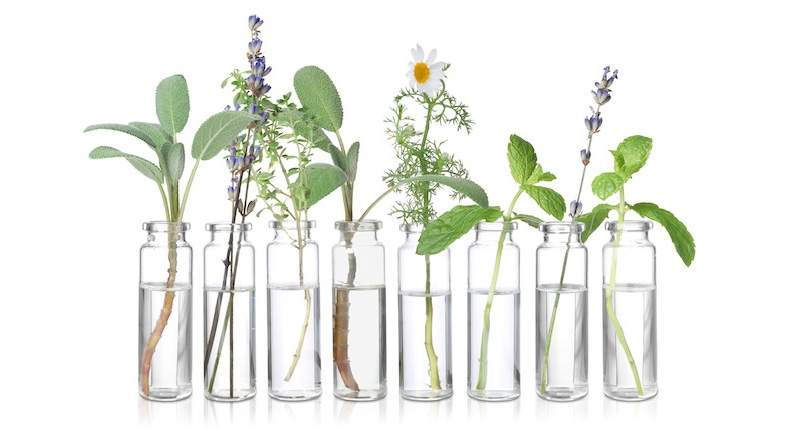
Study Spotlight # 15: New Ways to Improve Patient Outcomes with Terpenes
In this first-of-a-kind study, the authors show that a diverse group of cannabis-based terpenes, even at very low concentrations such as those naturally occurring in the plant (i.e., as low as 0.001–0.01 µM), can activate CB1 receptor sites and amplify THC’s action at the same receptor site. These results suggest that the co-administration of these specific terpenes may allow for reduced dosage of THC to realize expected therapeutic effects, lowering costs and reducing the overall adverse effects potential of this cannabinoid.
Terpenes that activated CB1 (between 10-50% of the same strength of THC) under these test conditions included α- and β-pinene, borneol, eucalyptol, geraniol, limonene, linalool, myrcene, ocimene, sabinene, terpineol, and terpinolene.
These novel insights will redefine how the term entourage effect is used. Initially defined by a team of Israeli researchers, including the recently deceased Rafael Mechoulam (S. Ben-Shabat et al., 1998), the entourage effect was used to describe the action of a compound (such as e terpene) not previously known to interact with classical components of the endocannabinoid system (ECS), but still increasing ECS signaling by a cannabinoid. Future reference will describe terpenes as endocannabinoid receptor agonists and highlight their capacity to amplify the action of THC and thus create a clinically relevant synergy.
The other insight generated by this study will also redirect the notion that a full spectrum product represents the best approach to optimizing patient outcomes. Instead, these trial results indicate that to generate or improve specific therapeutic effects, the selection and addition of condition-specific terpenes (or other cannabis constituents) ought to be selected based on the specific needs of any individualized patient.
Noa Raz, Aharon M. Eyal, Dana Berneman Zeitouni, Danielle Hen-Shoval, Elyad M. Davidson, Aviel Danieli, Merav Tauber, and Yair Ben-Chaim. Selected cannabis terpenes synergize with THC to produce increased CB1 receptor activation. Biochemical Pharmacology, Volume 212, 2023. 115548.

